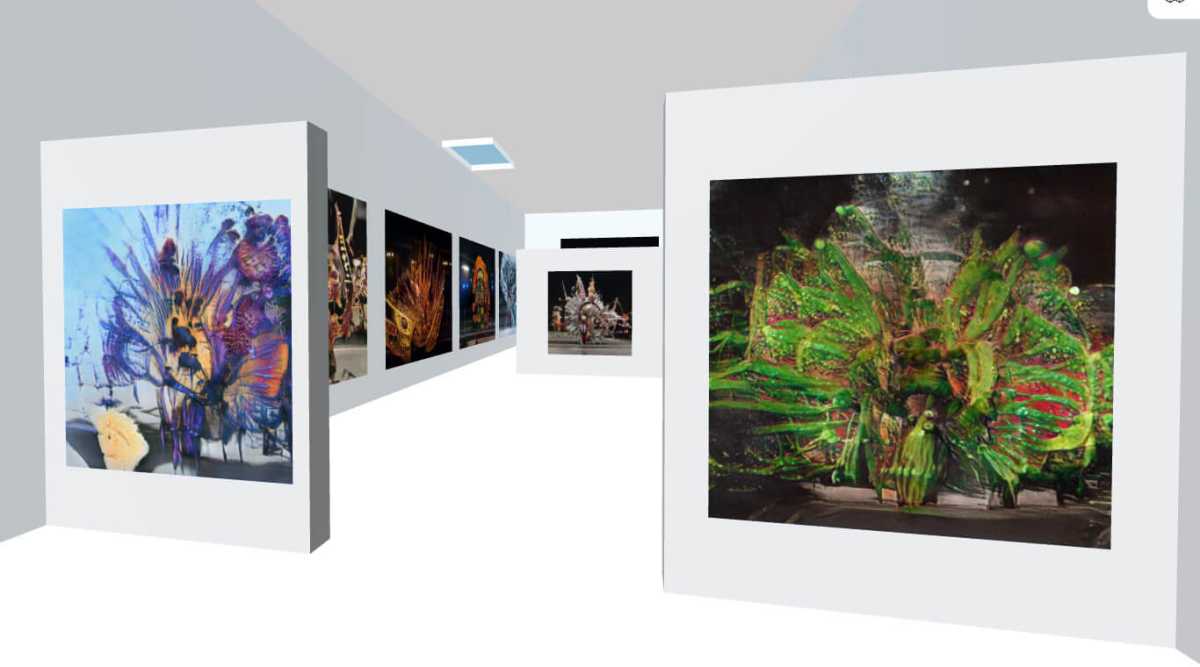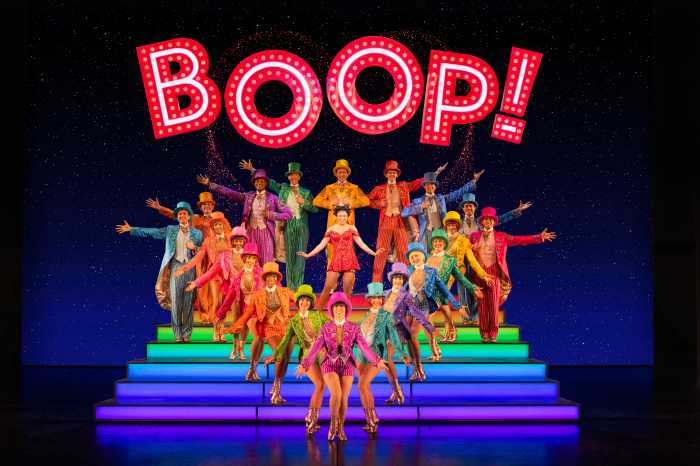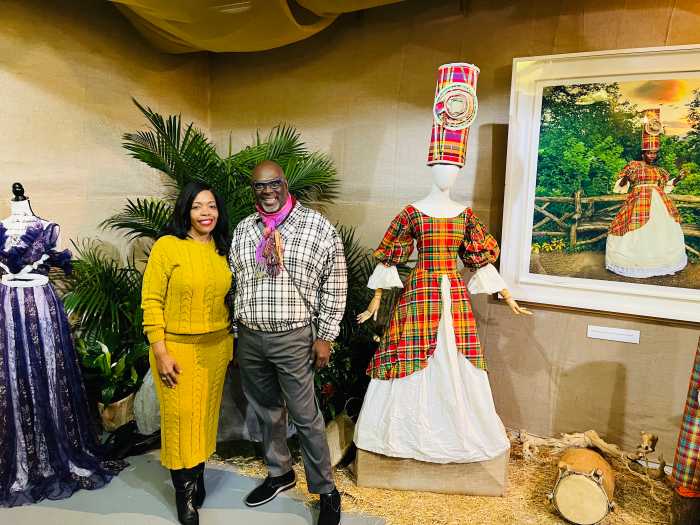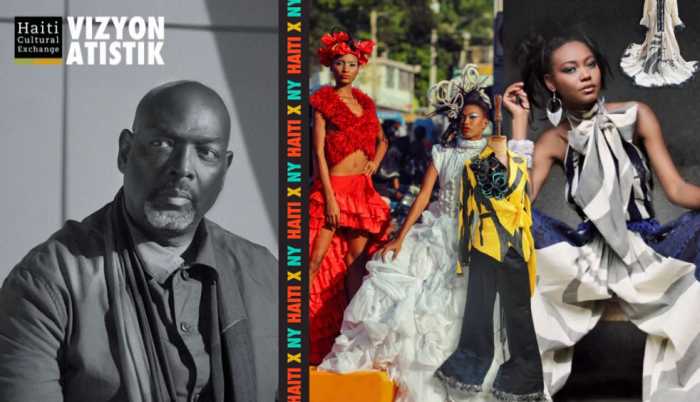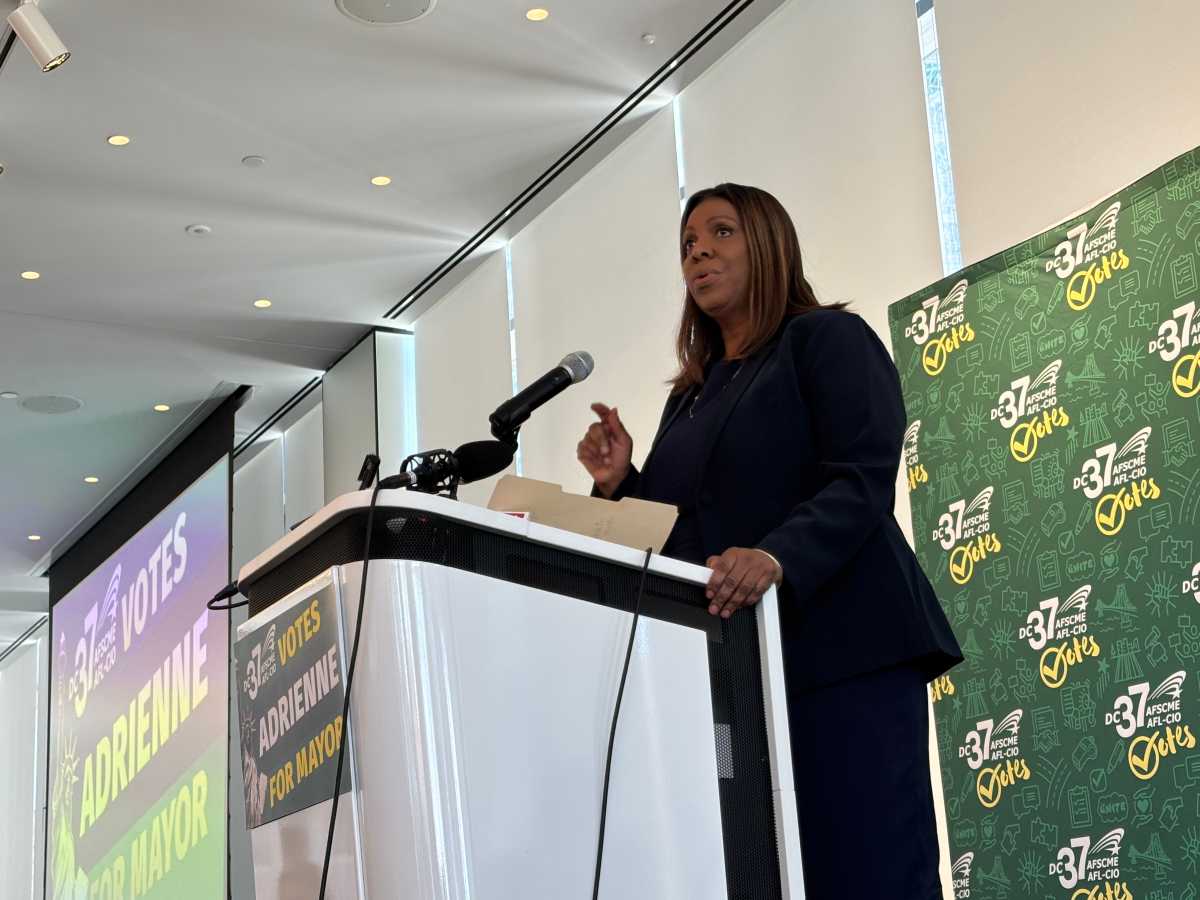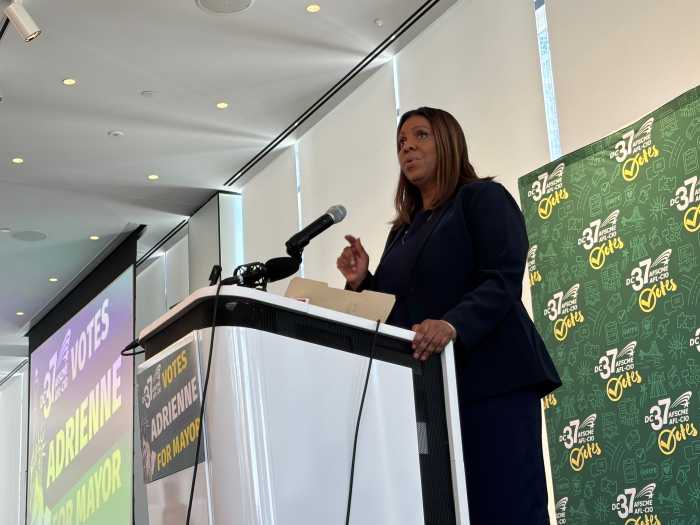After slavery in Trinidad and Tobago was abolished in 1834, formerly enslaved Africans reinvented carnival as a form of resistance against oppression and a celebration of their freedom, creativity and joy.
Now, three pioneering Caribbean and Black female artists and technologists have come together to show that Artificial Intelligence (AI), which has become another source of oppression for historically marginalized communities, can also be harnessed to extend joy and creativity.
Funded through Mozilla’s Creative Media Awards, “Artificial Intelligence + Carnival + Creativity” celebrates carnival while engaging Caribbean and Black communities in discourses about AI, its benefits and harms.
Using carnival as a vehicle, Mozilla’s Creative Media Awards said the project creates a space where Caribbean and Black communities can engage with, learn about and interrogate AI to benefit themselves.
The project brings together AI, architecture, digital heritage, and art to create and feature AI-generated dancing sculptures, AI-generated Blue-Devils and Jab Jabs in the carnival, and an app for visitors to create visual art through their own body’s movement and dance.
The project was created by Dr. Vernelle A. A. Noel, a computational design scholar, architect and artist.
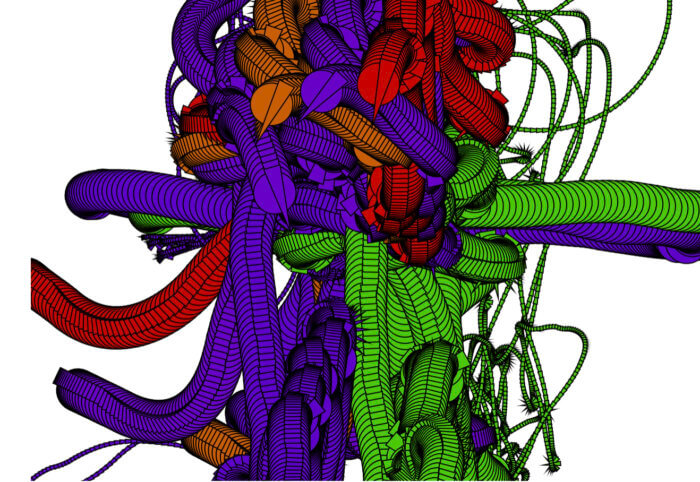
An Assistant Professor of Architecture at the Georgia Institute of Technology, Dr. Noel is originally from Trinidad and Tobago.
Her collaborators are Dr. Nettrice Gaskins, an African American digital artist whose work explores Afrofuturism and techno-vernacular creativity, and Valencia James, a Barbadian performer and researcher whose work focuses on the intersection between dance, theatre, technology, and activism.
Artificial Intelligence + Carnival + Creativity noted that the project is launching at a time when most carnival celebrations worldwide have been cancelled due to the pandemic.
This includes carnivals in the Caribbean, as well as London’s Notting Hill Carnival and New York City’s West Indian Day Parade, which are usually held in late August and early September, respectively.
“AI systems are powerful, and we and our data are implicated in their development and applications, including targeted engagement, surveillance, and healthcare,” Dr. Noel said. “Most importantly, historically-excluded groups are continually left out when it comes to the design and development of these systems.
“This project seeks to change that by sharing with Caribbean and Black AI Diaspora about data, AI, its implications, politics and creative applications,” she added. “Caribbean communities have agency, can be part of global discourses on AI, can use their data creatively, and can be critical of how their data are collected and used.”
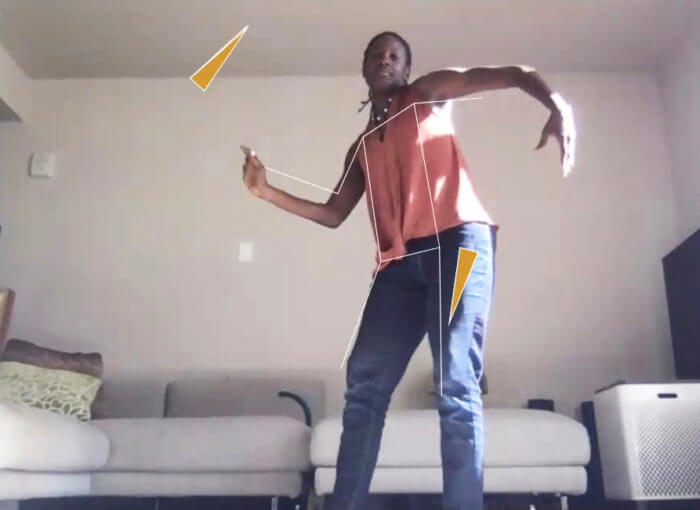
The project includes five separate experiences: The Virtual Gallery Exhibition, where visitors can explore a digital art gallery featuring static and moving images of AI-generated dancing sculptures also known as Kings and Queens of Carnival; the Virtual J’ouvert experience captures the thrill of the first night of carnival with AI-generated representations of Blue-Devils, Jab Molassies and Jab Jabs; and the Virtual Mas space allows visitors to “play mas” and enjoy soca music in four virtual “outdoor” sites.
The others are: The Virtual Social Space where persons can meet and chat surrounded by AI-images; and the Carnival Dance + Art App – a movement exploration tool that allows participants to move with interactive graphics and create visual art with dances from Black and Caribbean communities.
Visitors can share their experiences on social media by tagging @carnivalandai in their photos with hashtags that include: #carnivalai #carnivalandai #aicarnival
“Black artistry exists within a long-standing tradition of applying rigorous artistic analysis to the most compelling issues in society,” said J. Bob Alotta, Mozilla’s vice president of Global Programs. “With these awards, we’re eager to continue that tradition in the realm of AI.”


